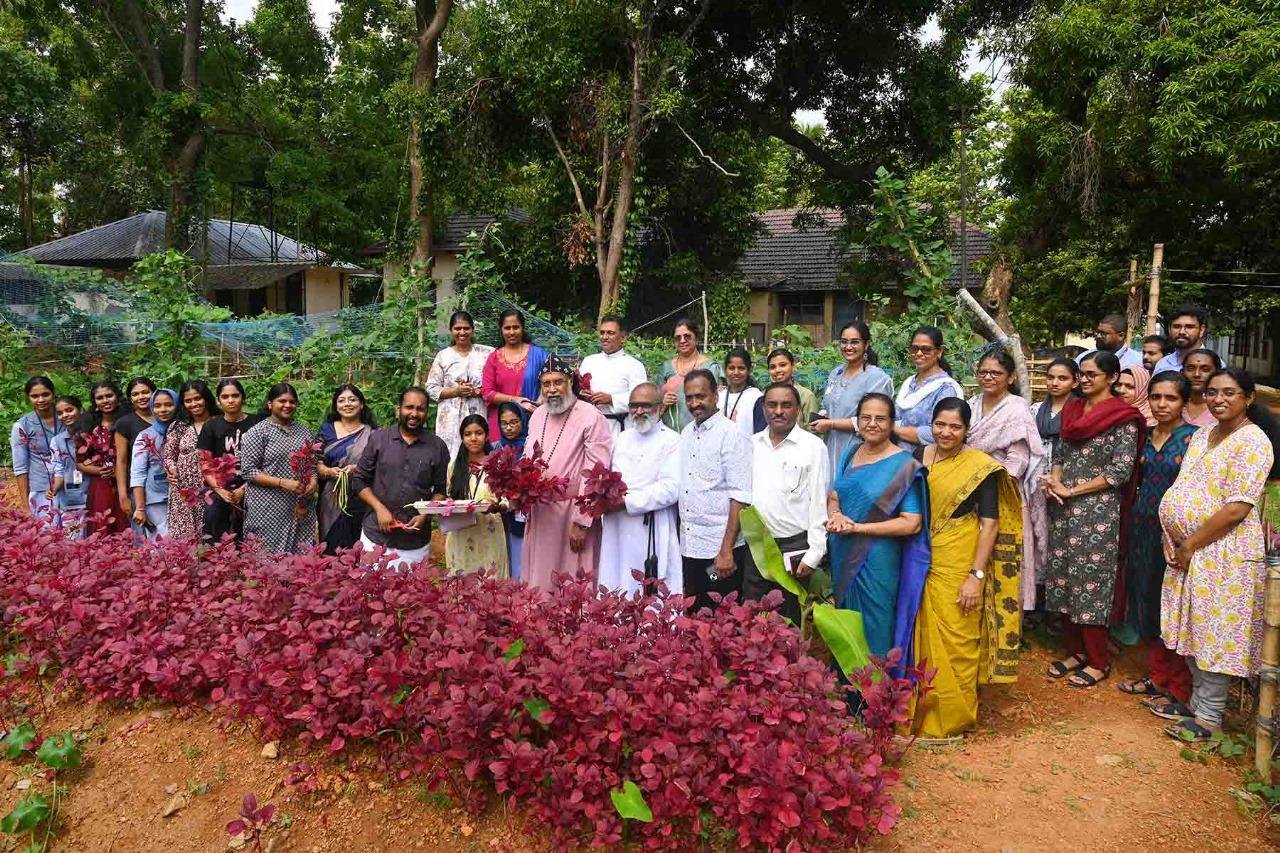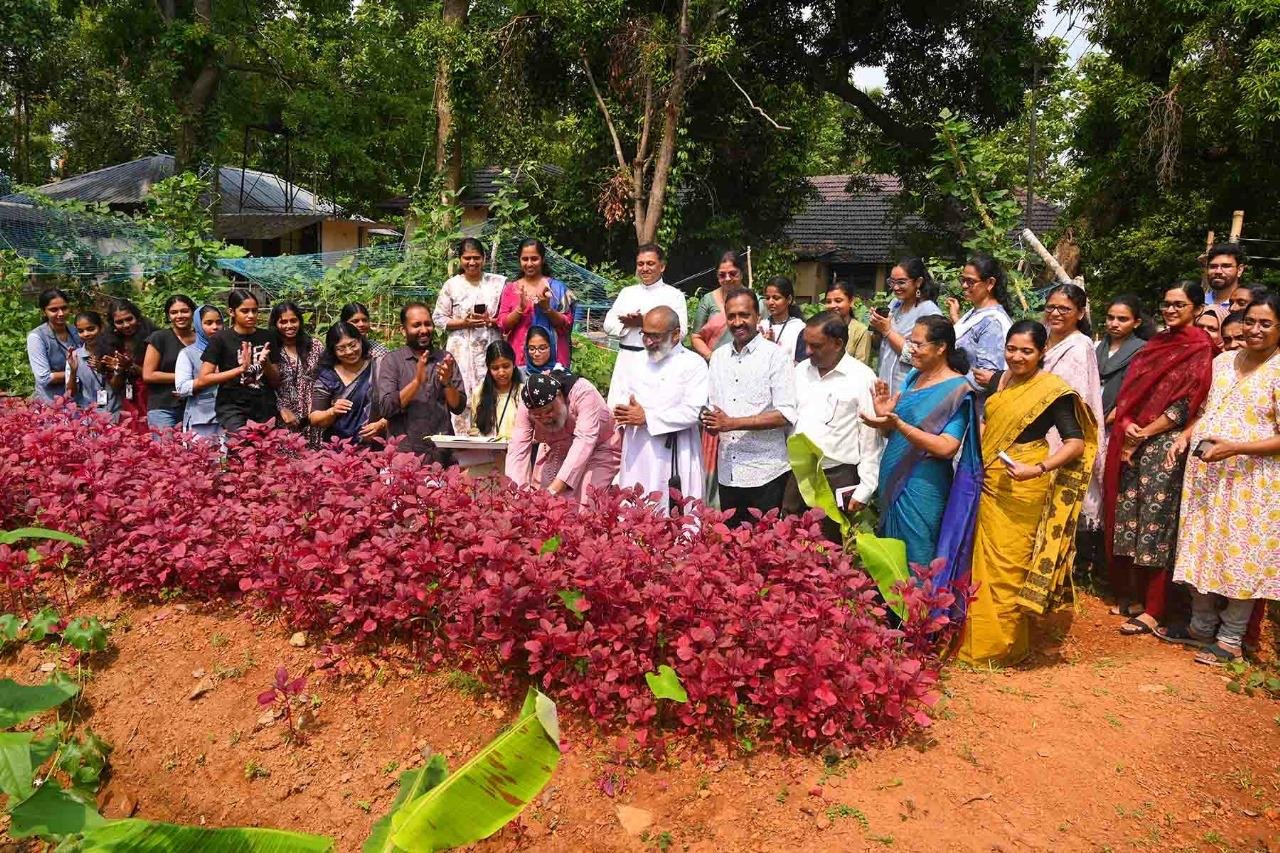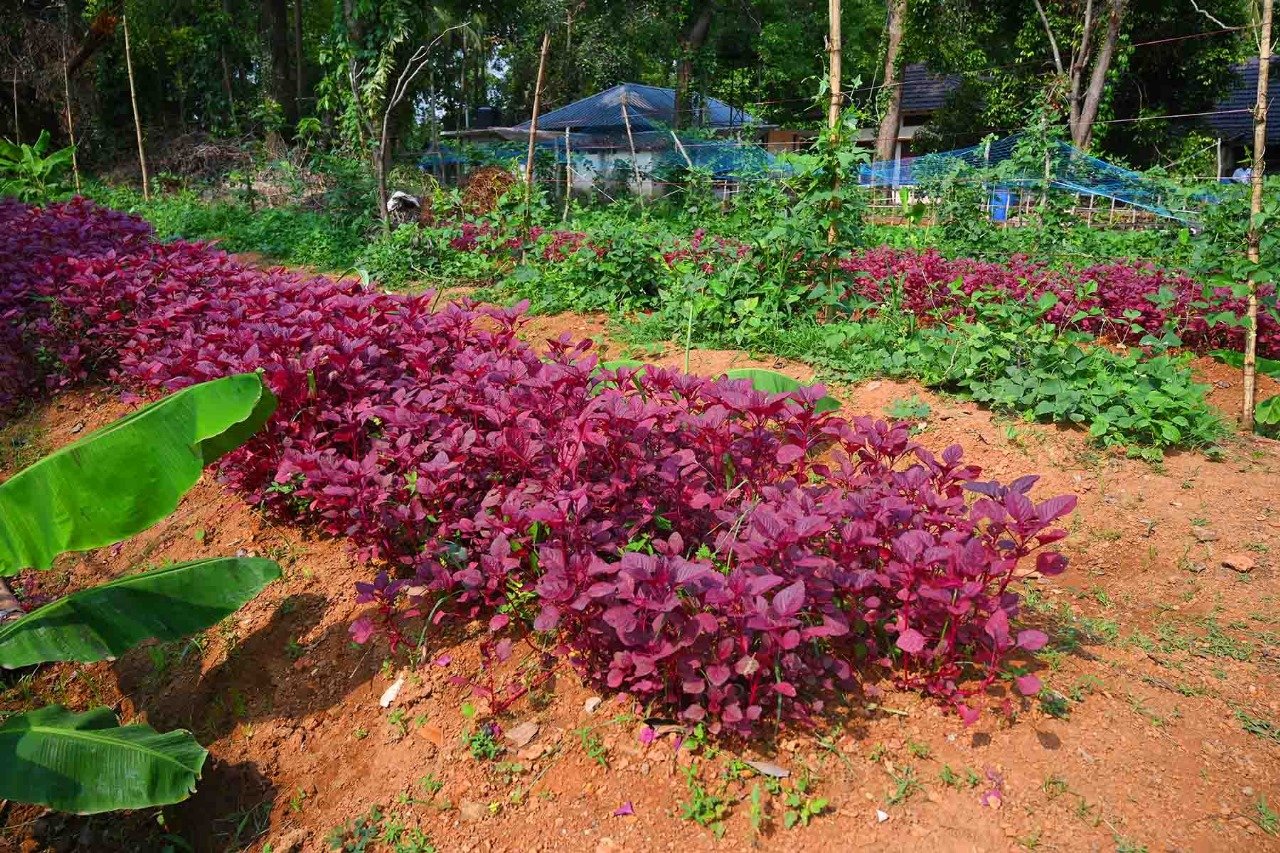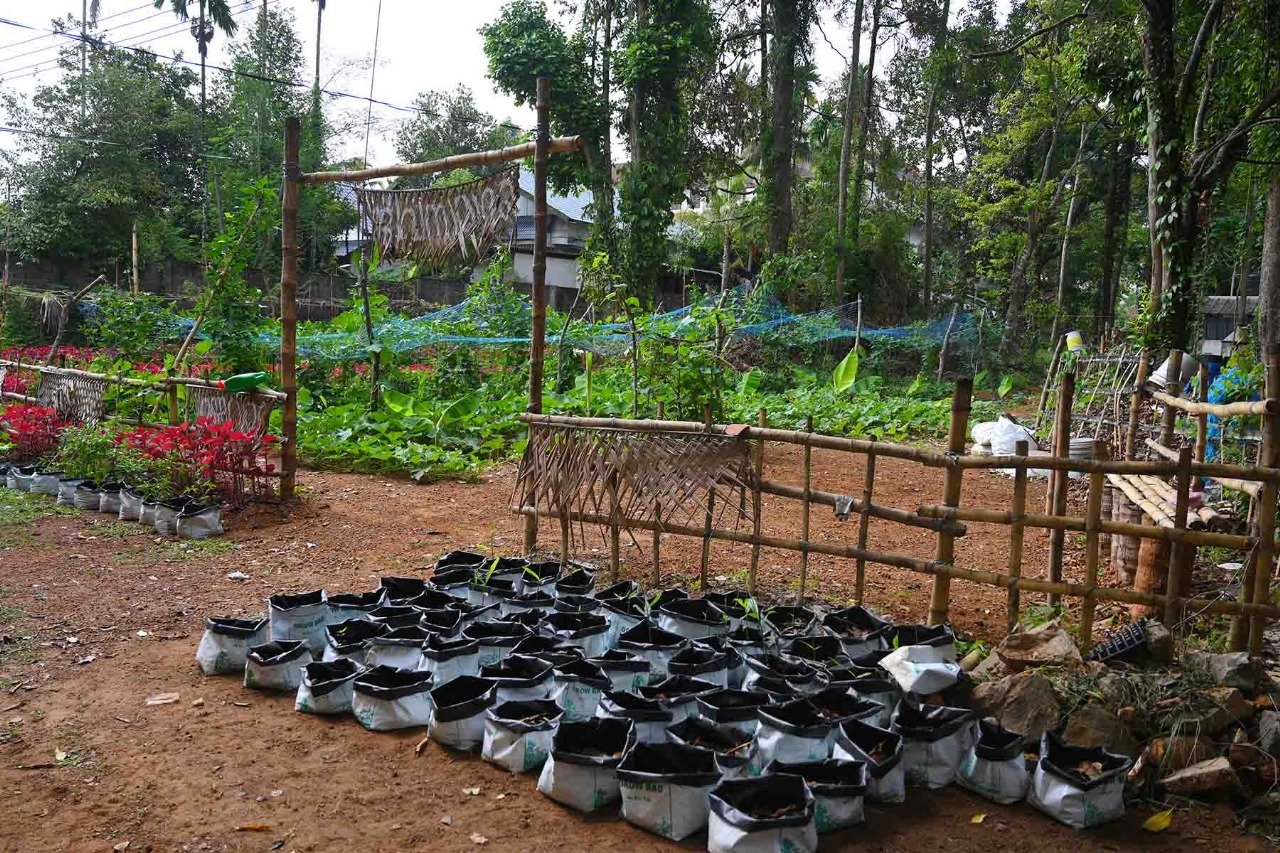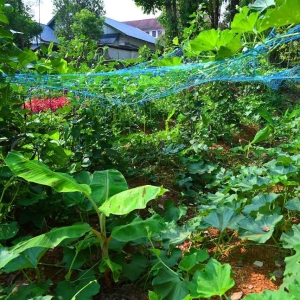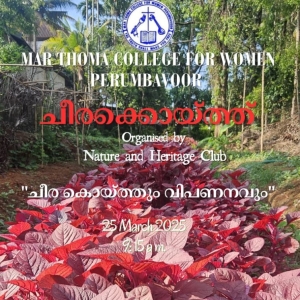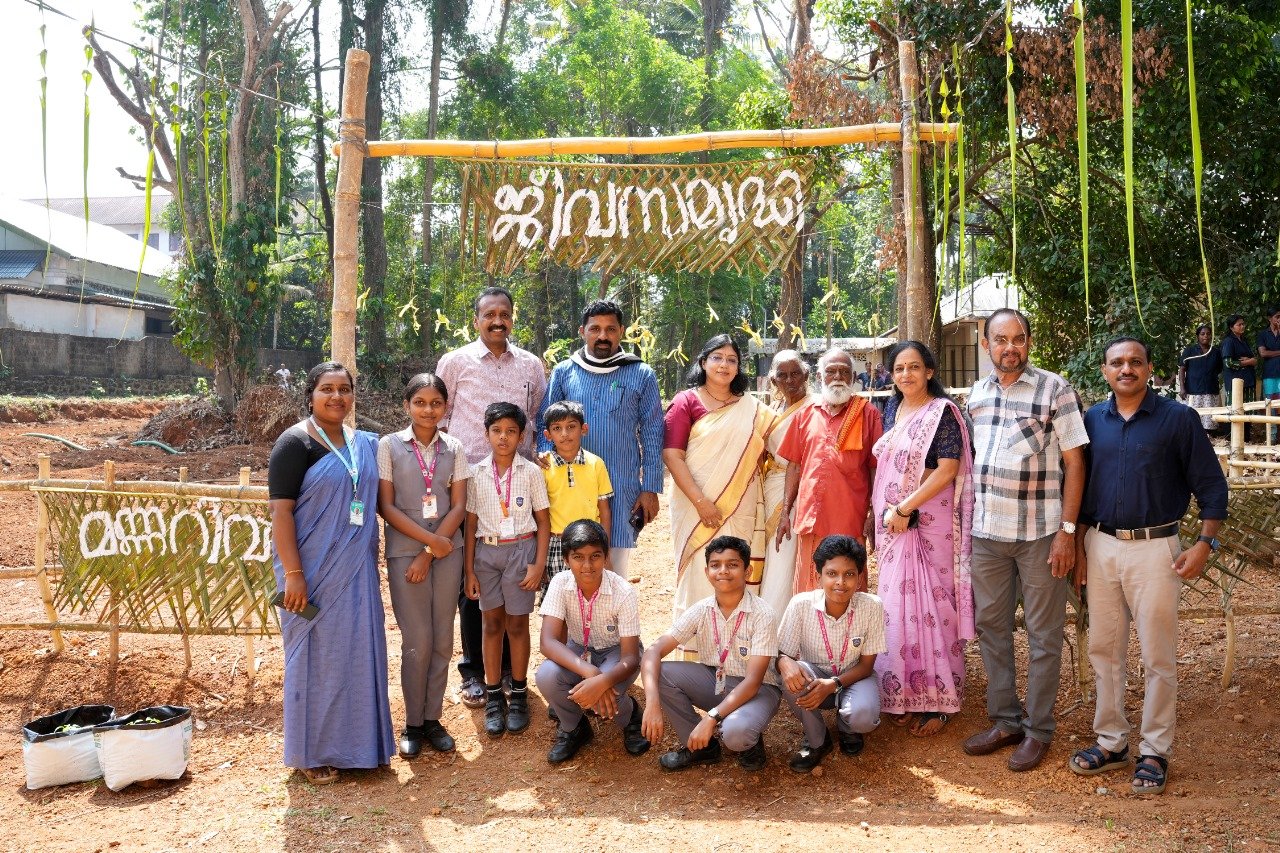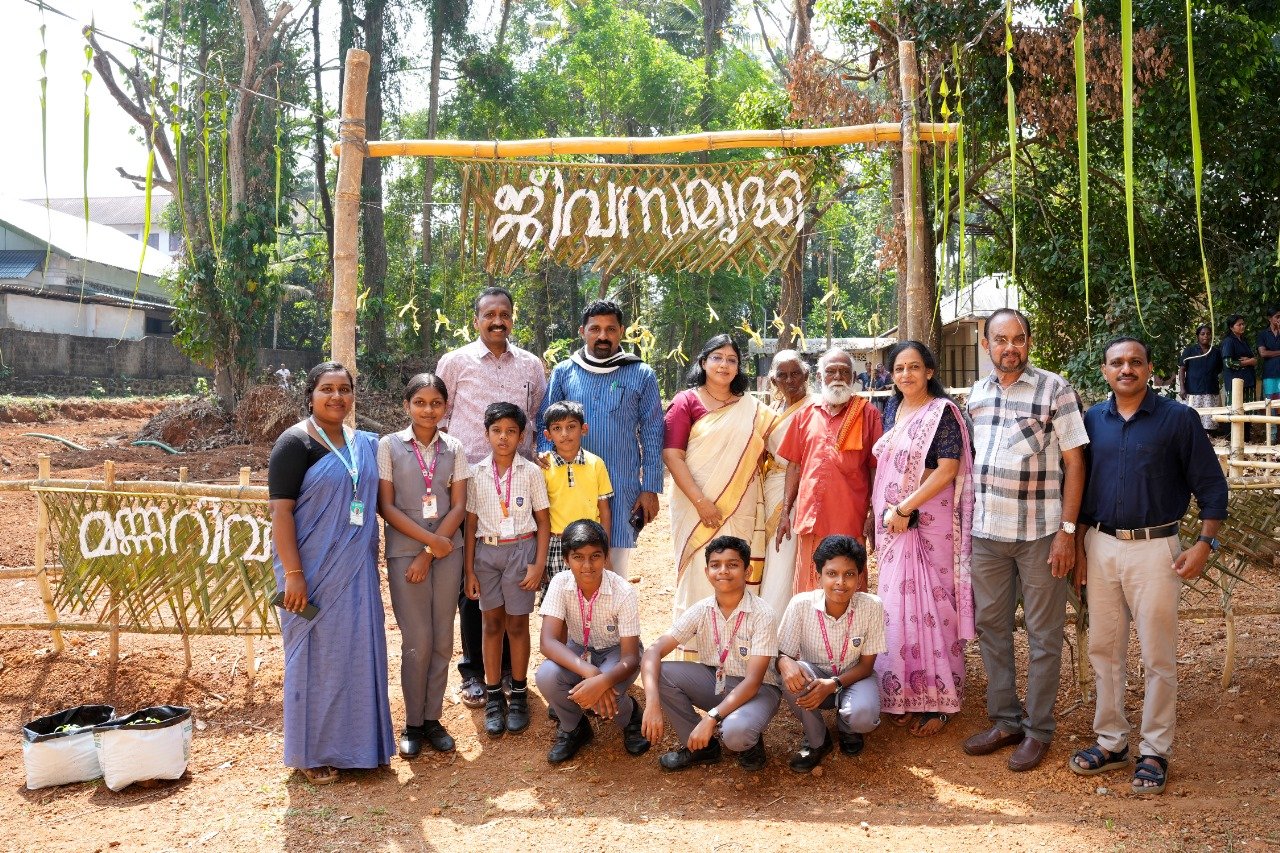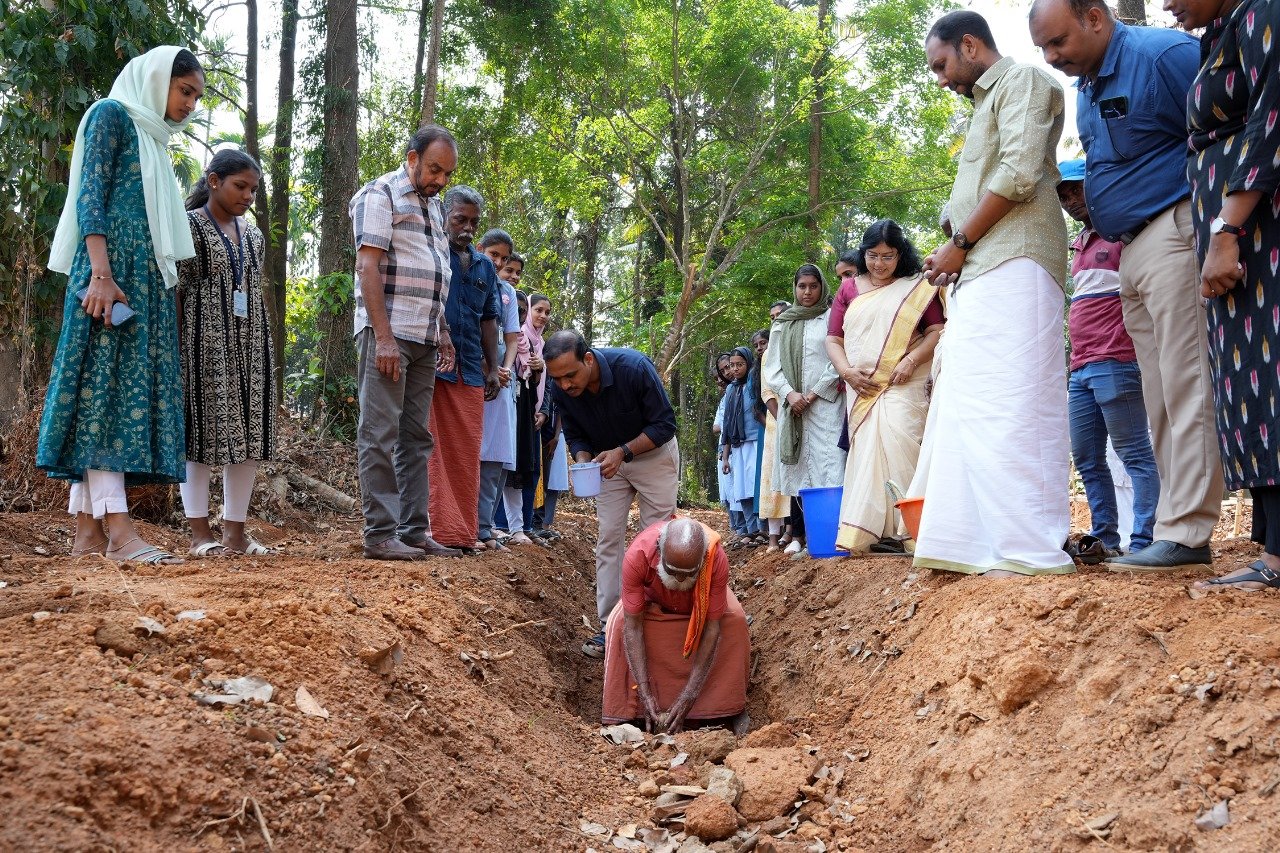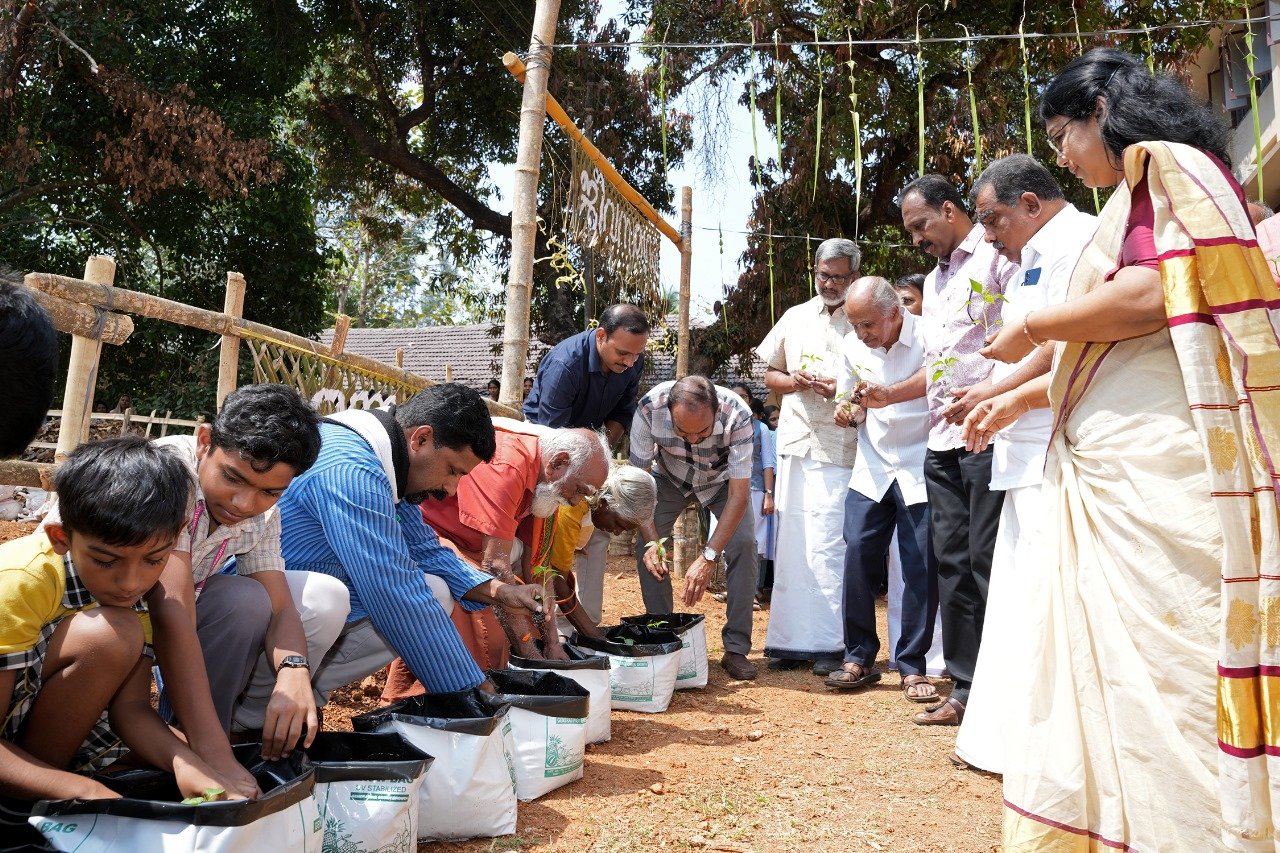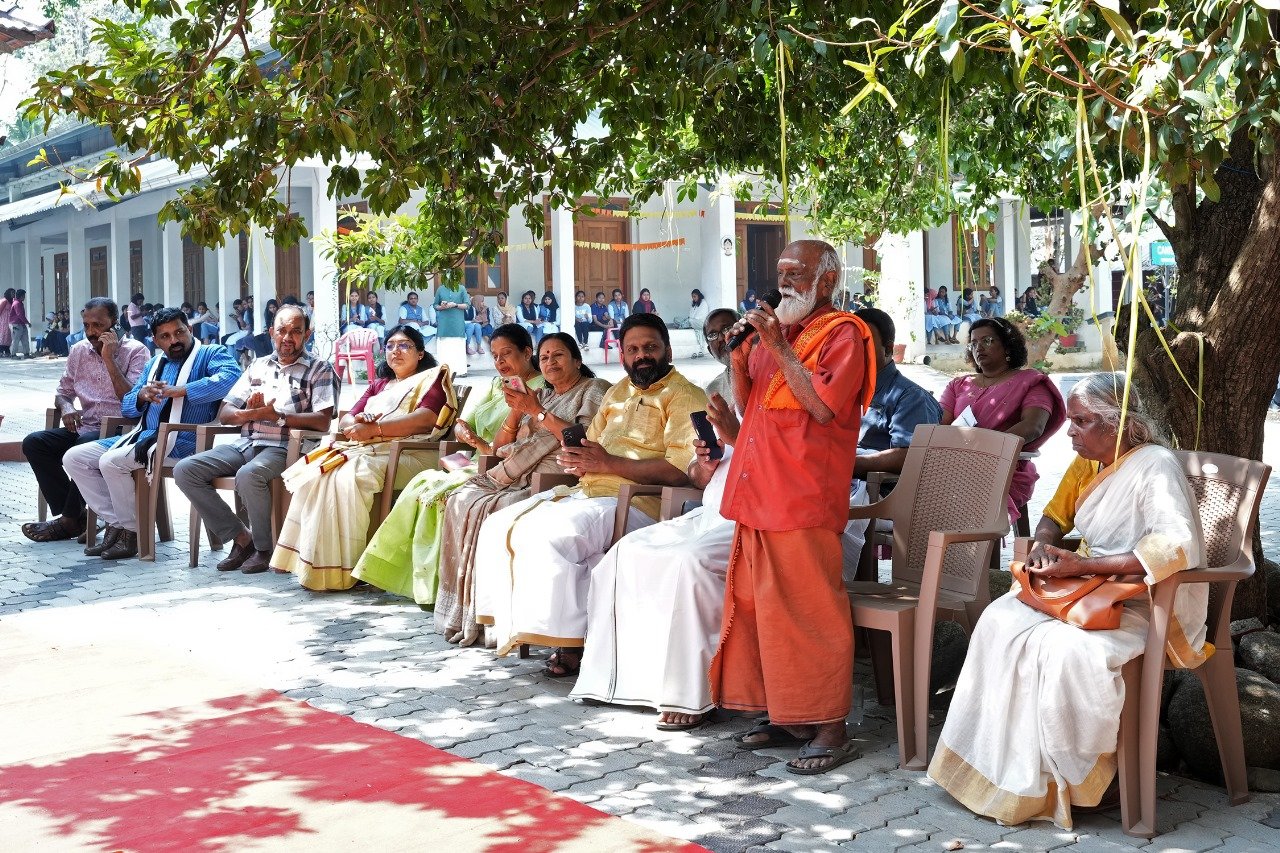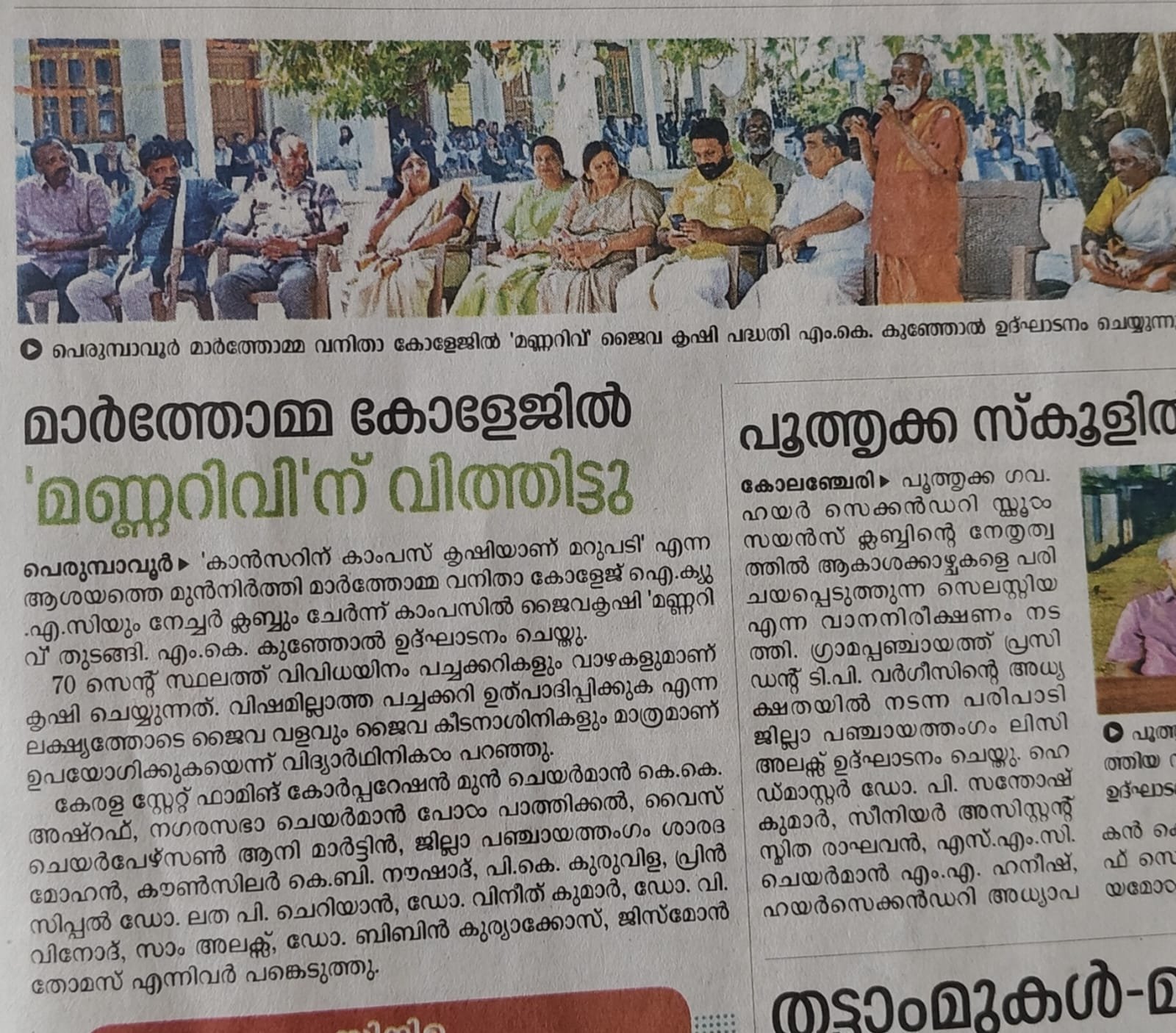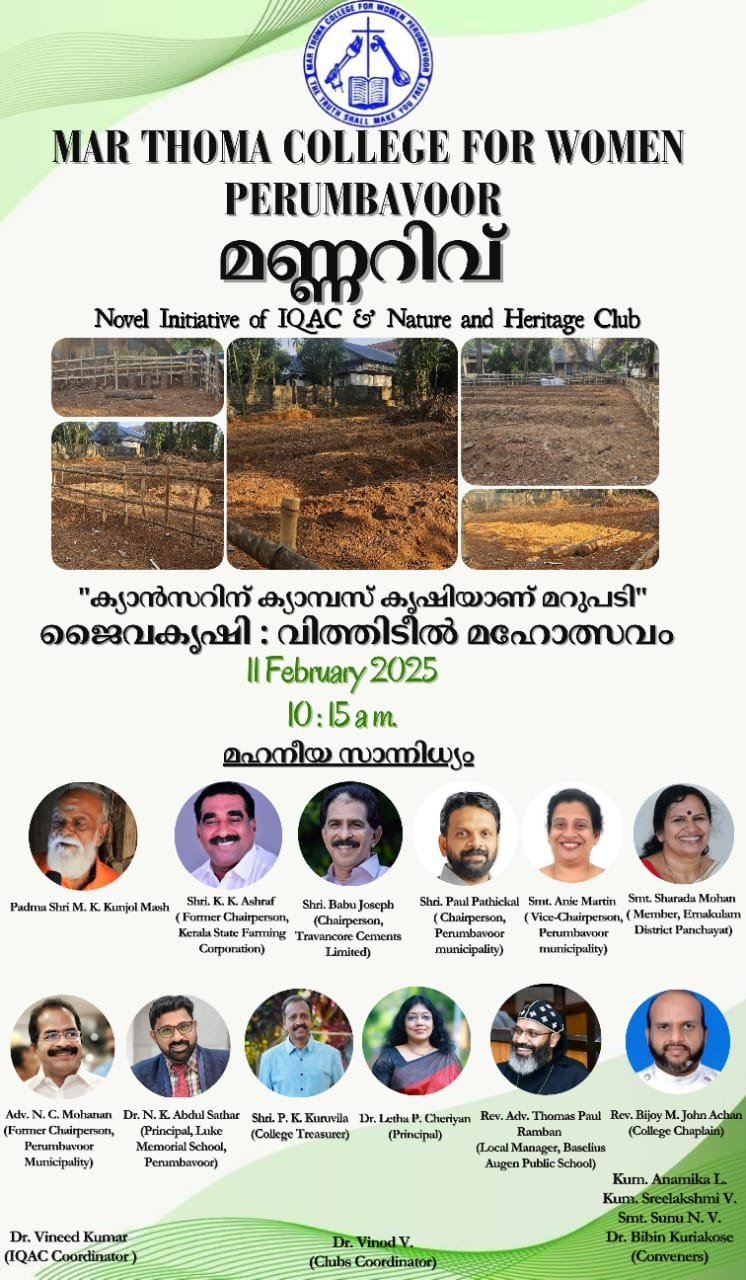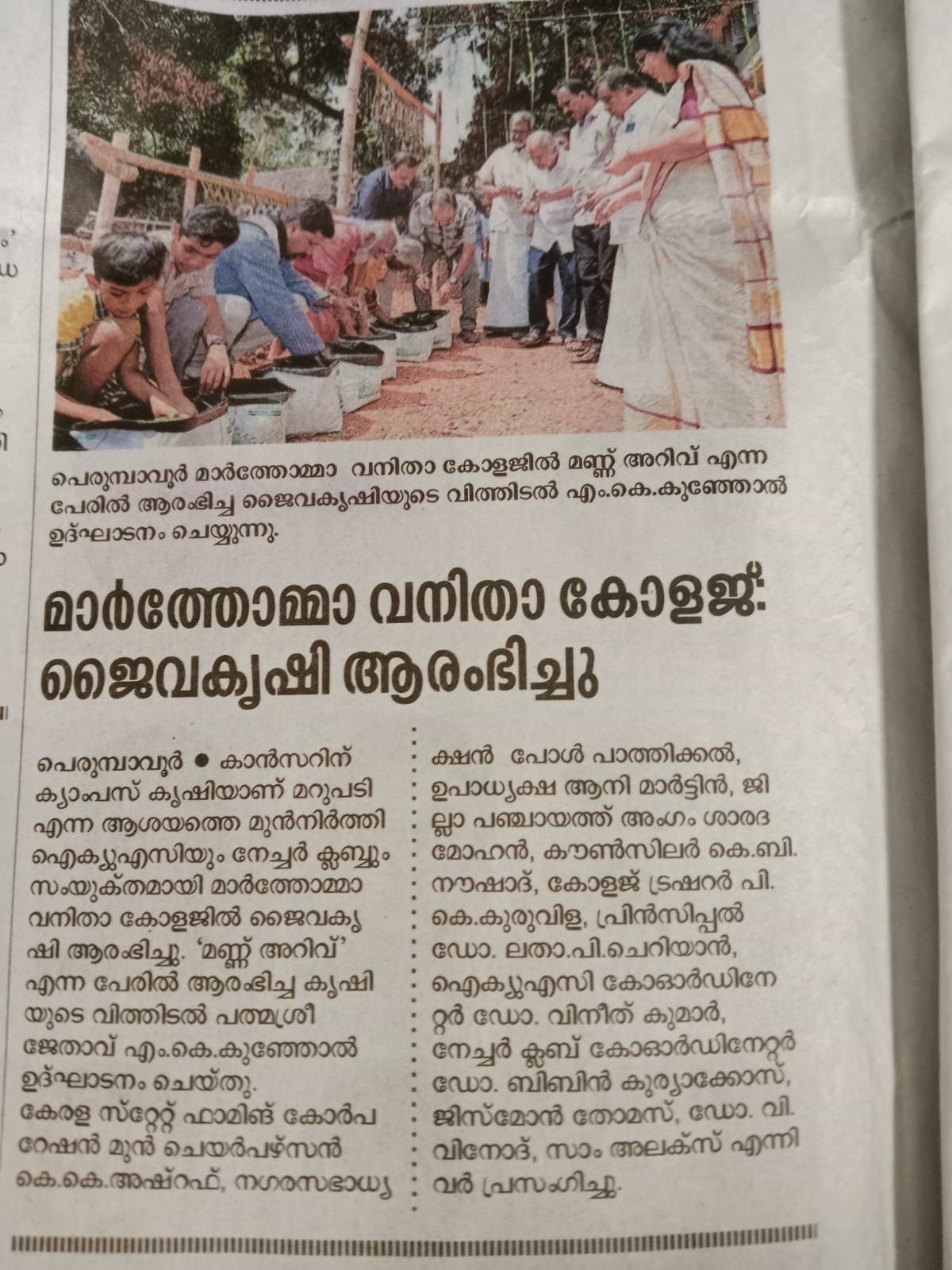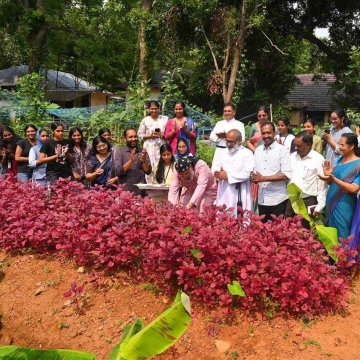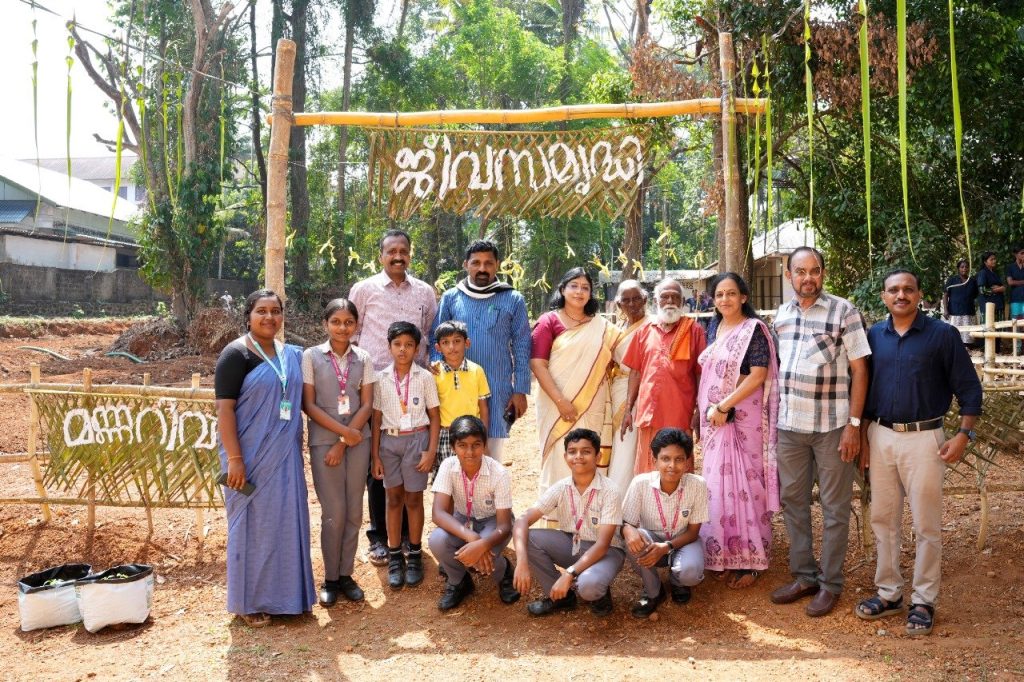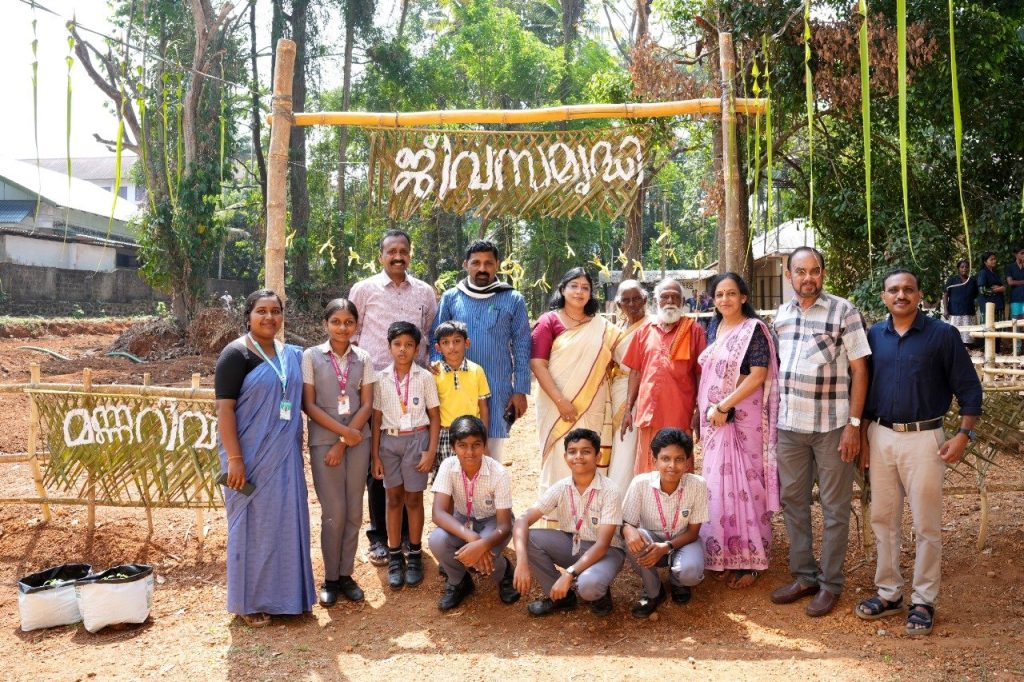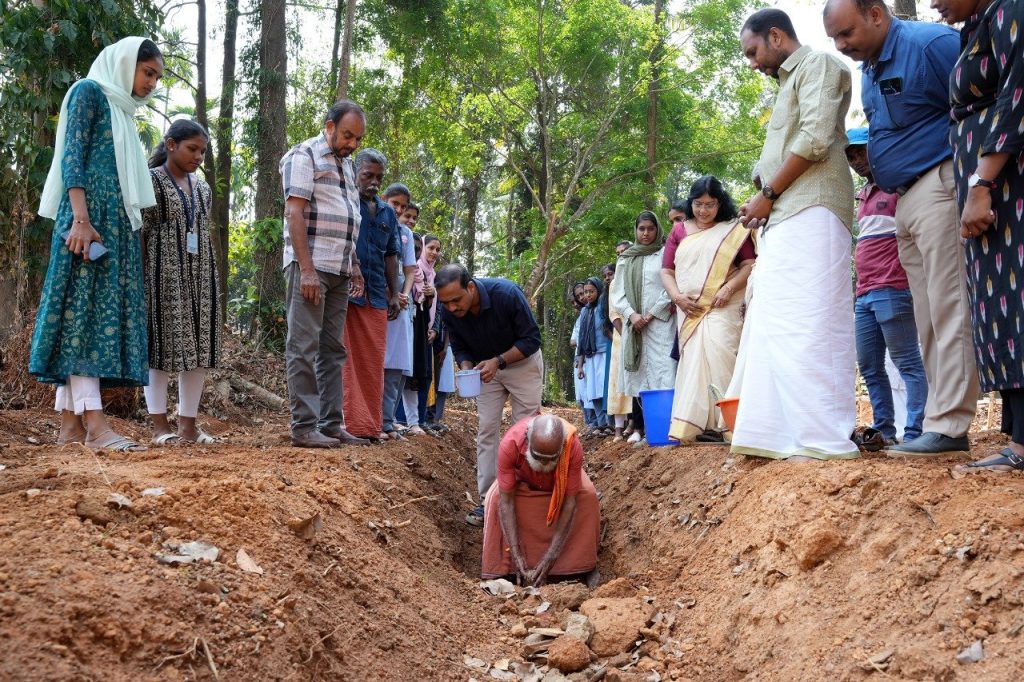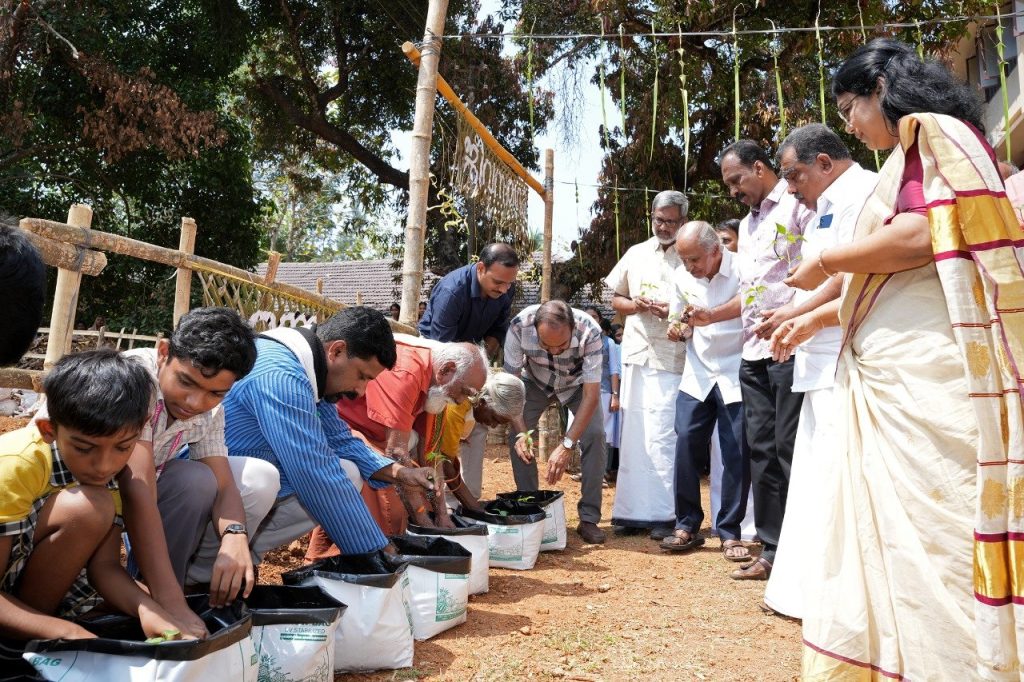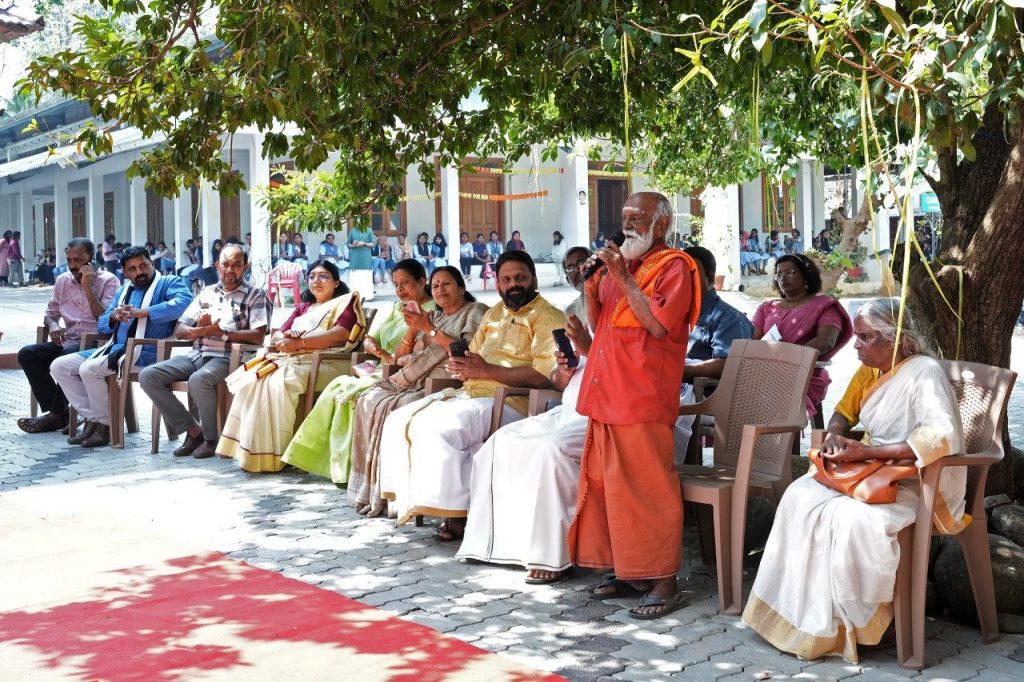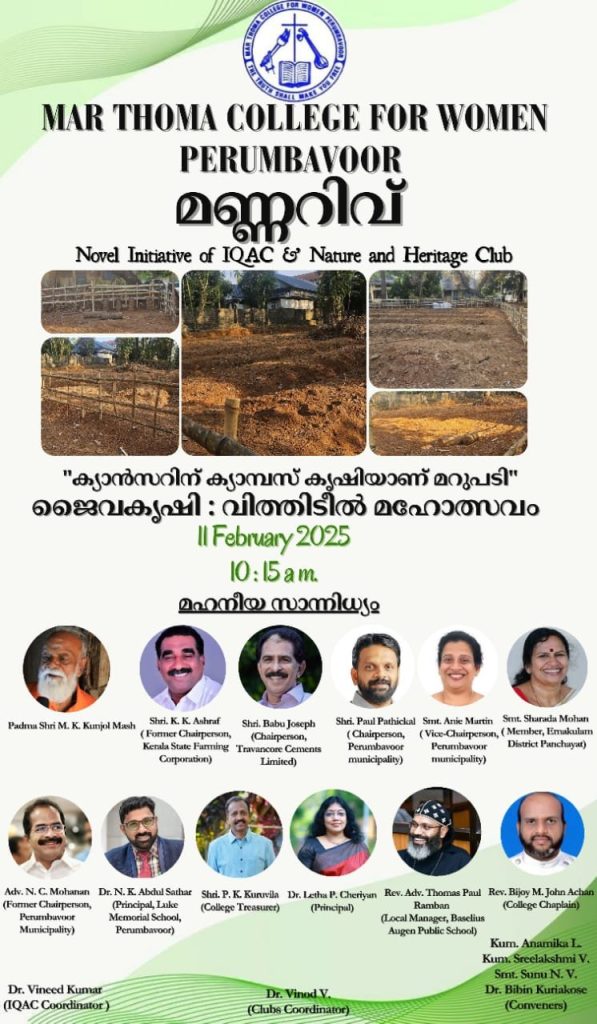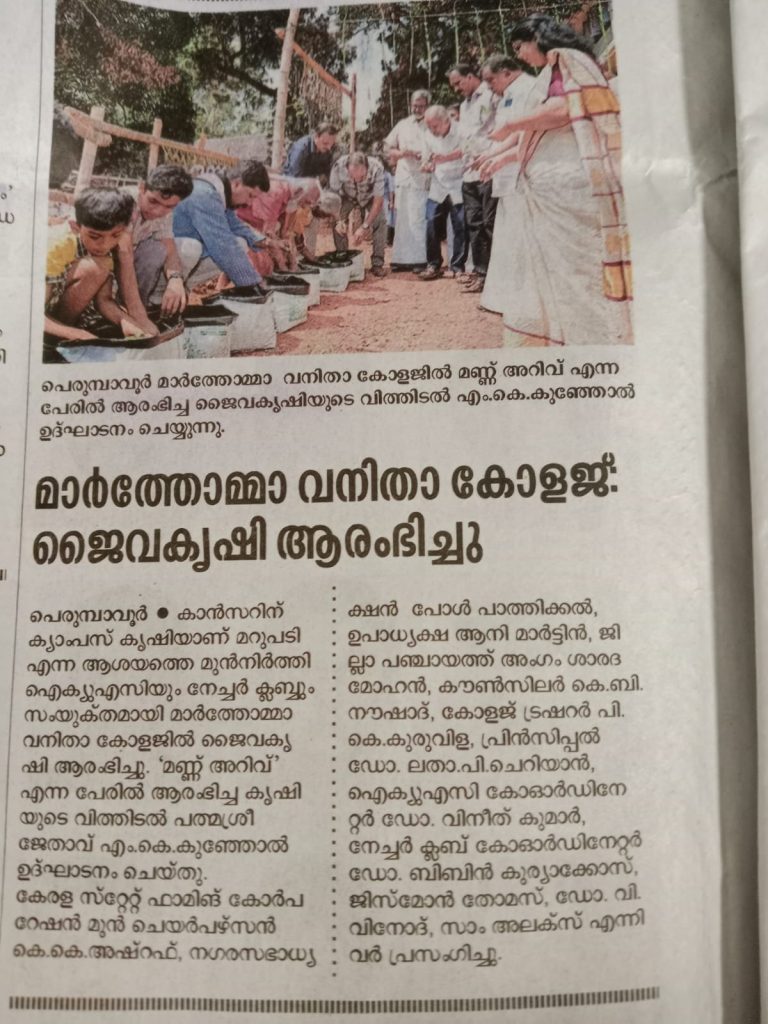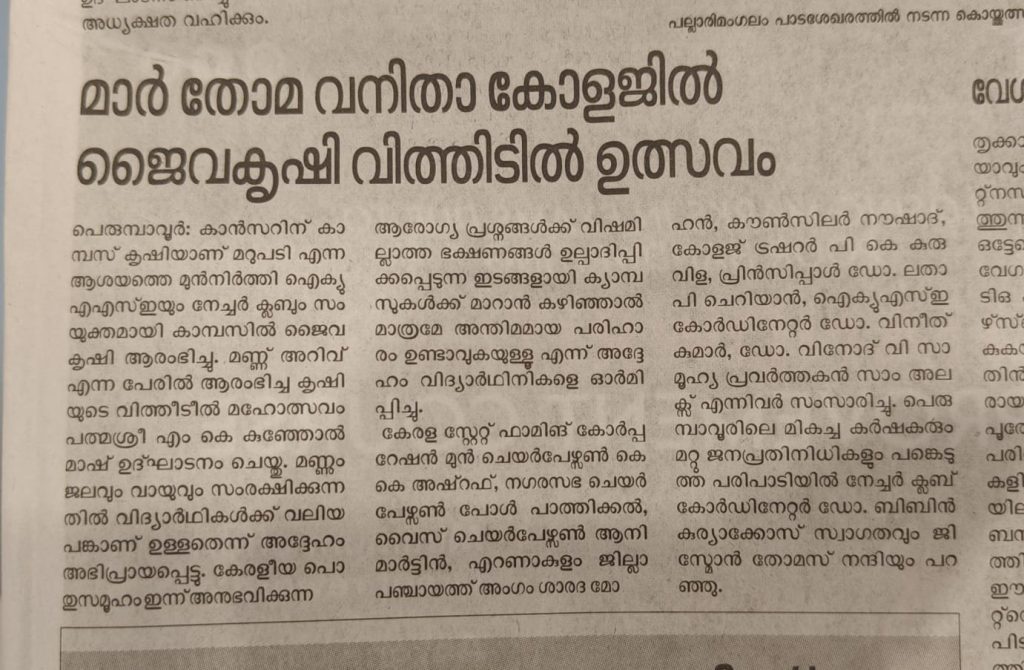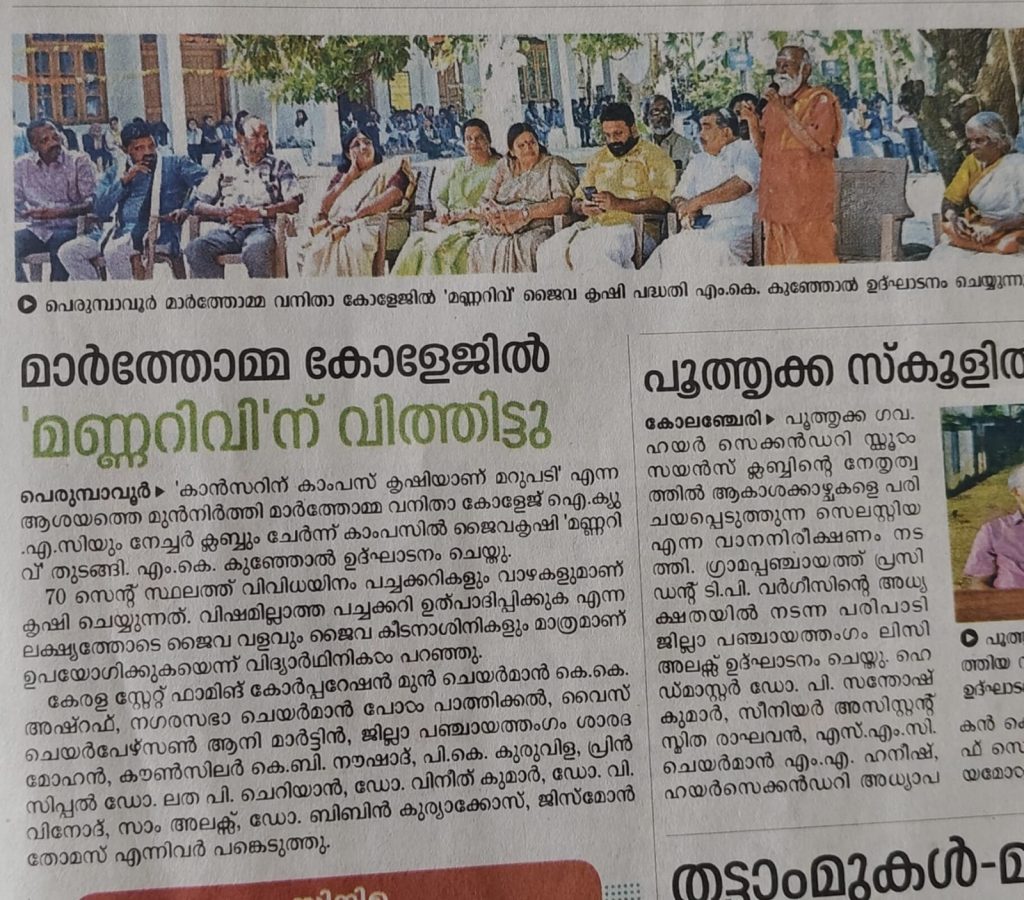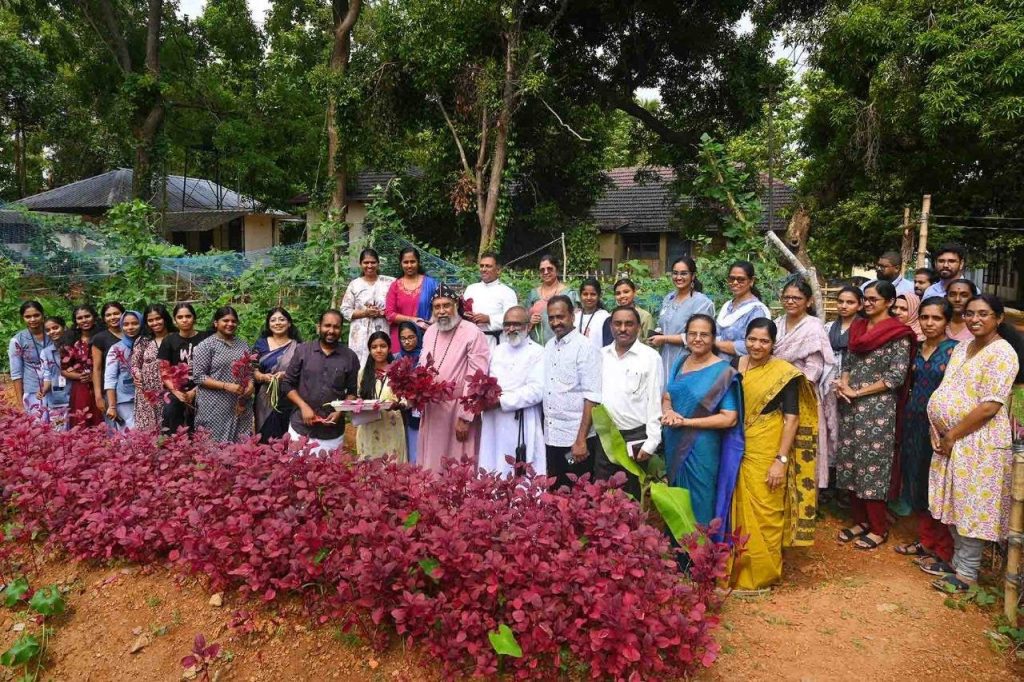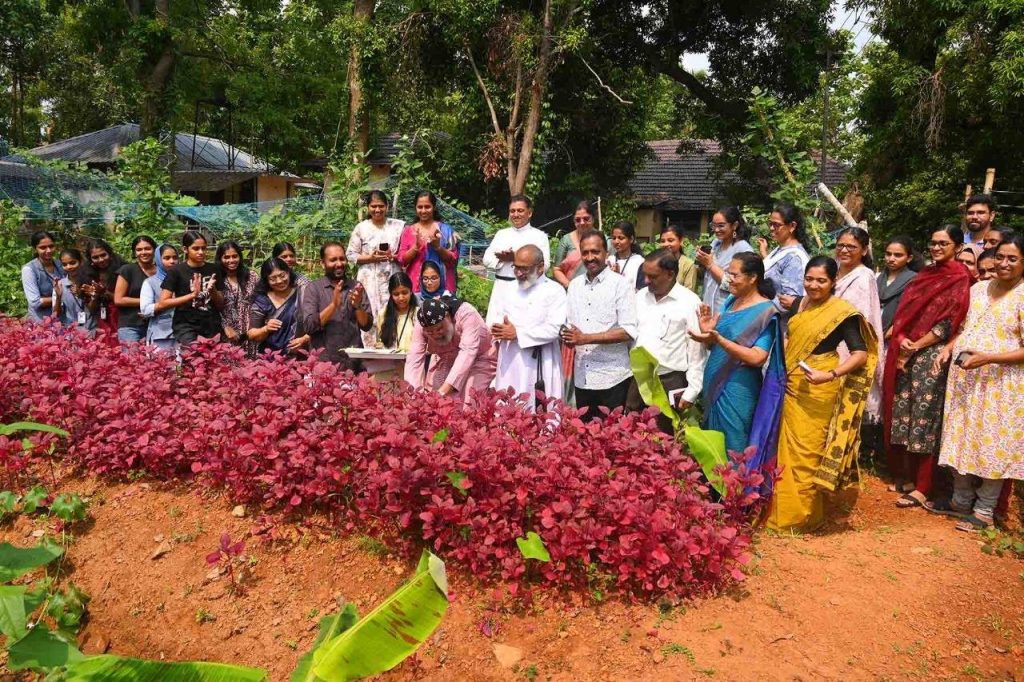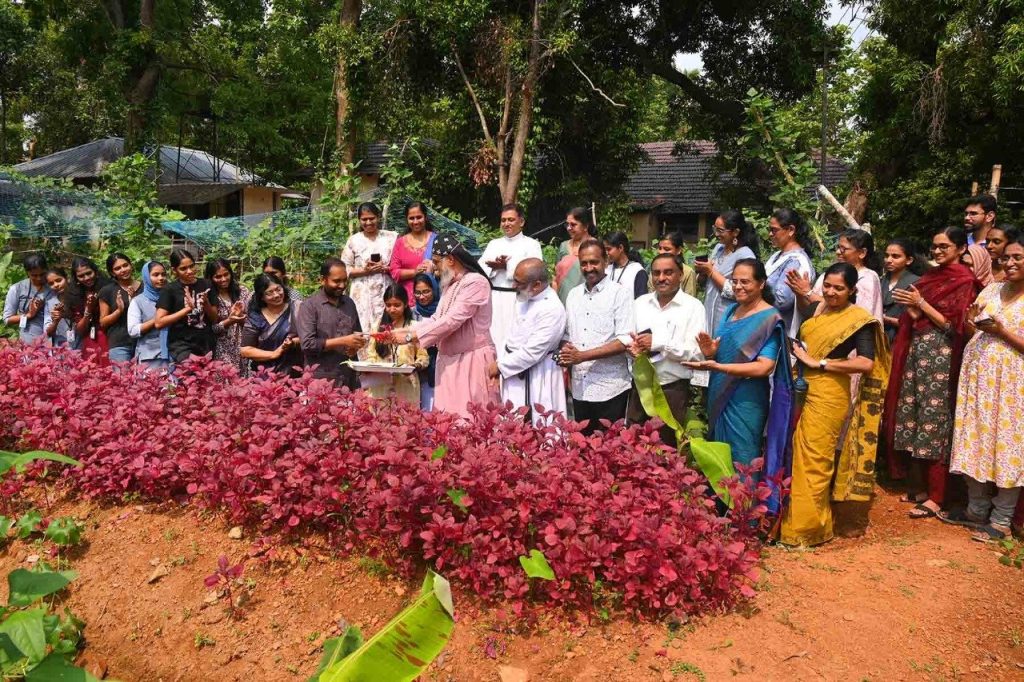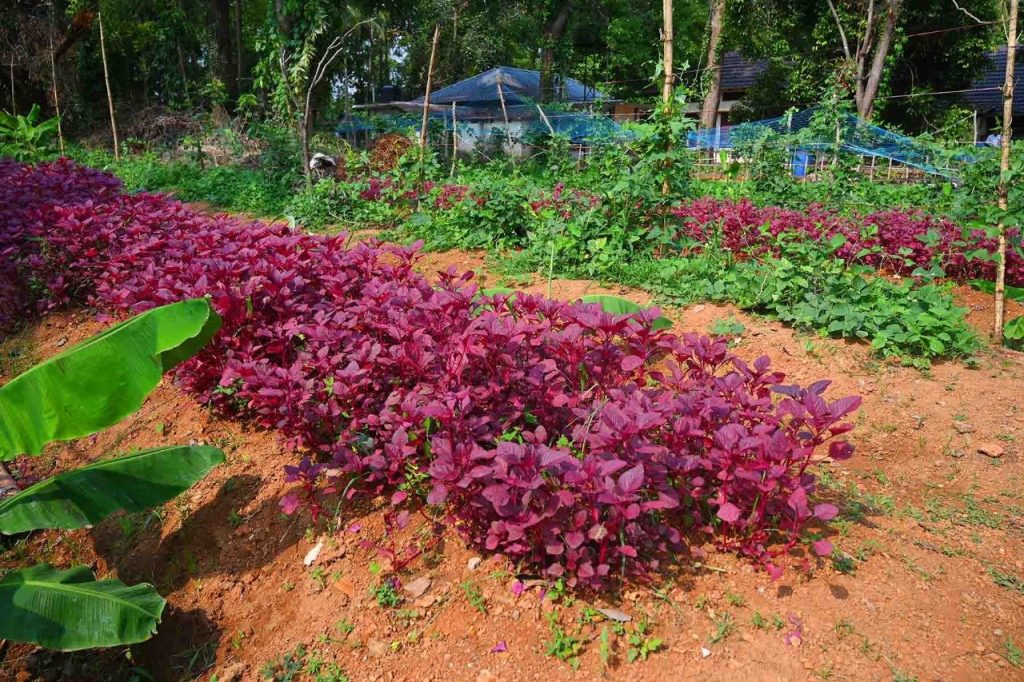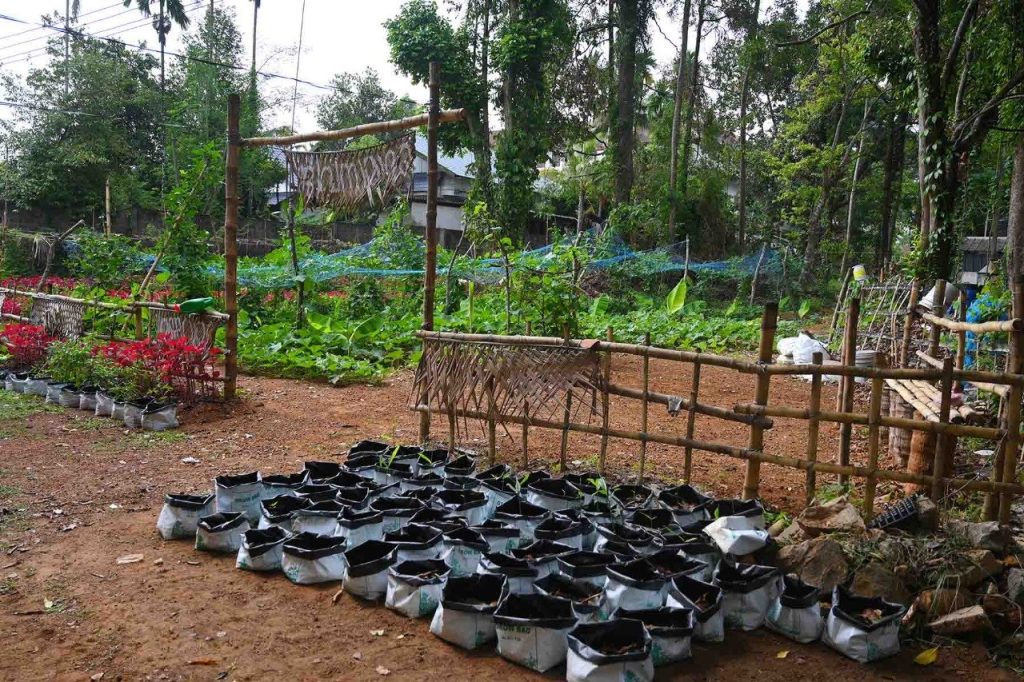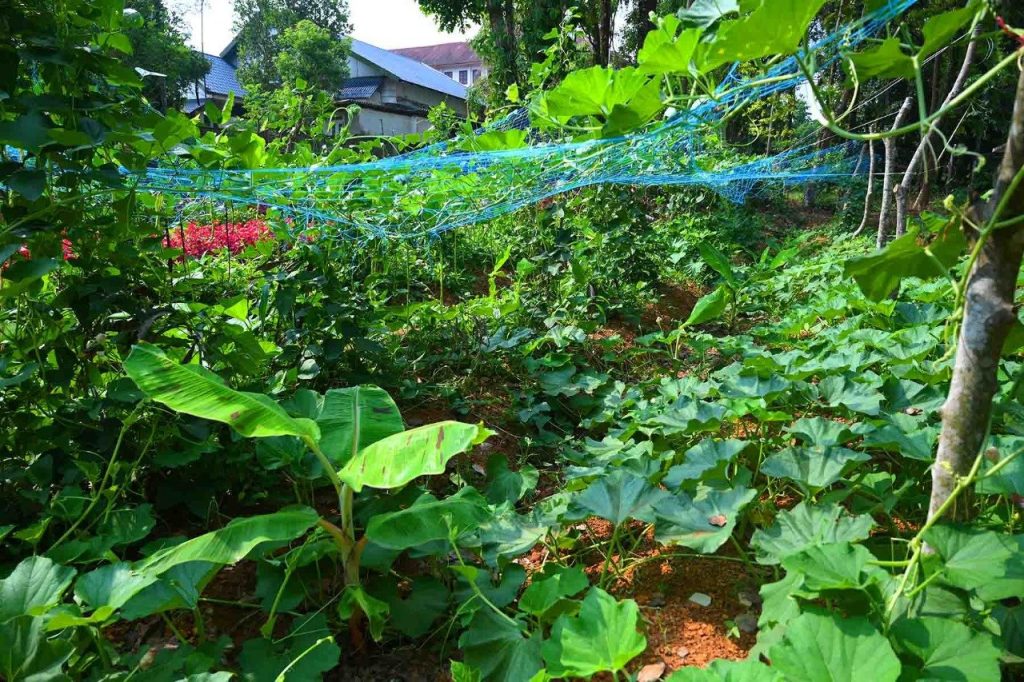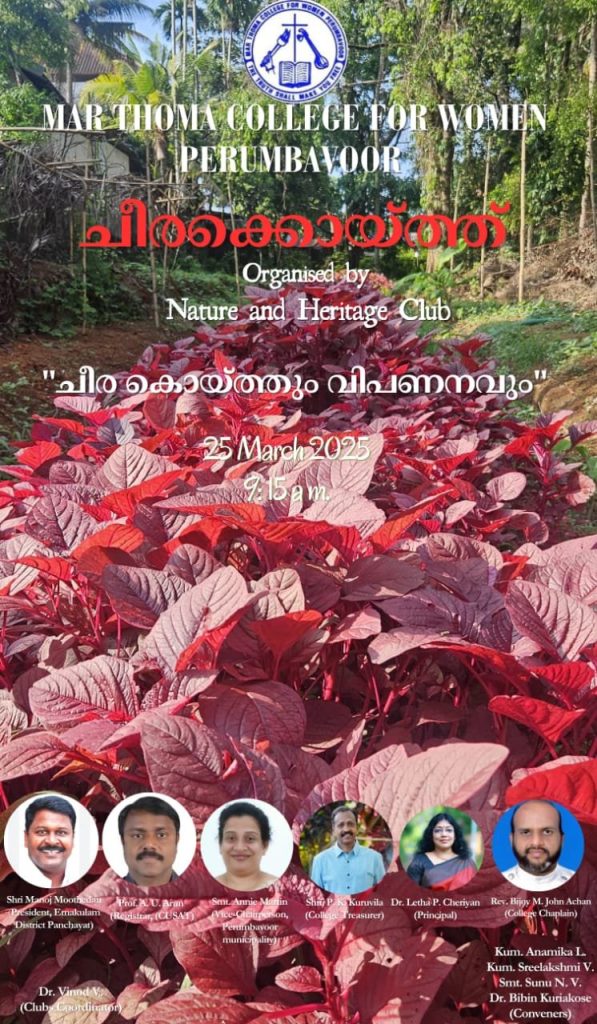Objectives
- Promote environmental awareness and sustainable practices among students and staff.
- Preserve and celebrate local and global natural and cultural heritage.
- Foster a sense of responsibility towards conserving biodiversity and historical sites.
- Engage students in activities that bridge ecological consciousness and cultural heritage.
- Encourage interdisciplinary learning and active participation in nature- and heritage-related projects.
Expected Outcomes
- Formation of eco-conscious and heritage-sensitive individuals capable of community leadership.
- Enhanced awareness of environmental conservation and cultural heritage among students.
- Improved skills in environmental stewardship, research, and documentation of heritage sites.
- Active student participation in campaigns for sustainability and heritage preservation.
- Increased collaboration with external organizations for nature and heritage-related activities.
Staff Structure
- Club Coordinator: Faculty member with expertise in environmental studies, history, or archaeology.
- Assistant Coordinators (2): Faculty members to assist with logistics, external collaborations, and activity planning.
- Student President: Responsible for leading student-driven initiatives and activities.
- Student Vice President: Assists the President and oversees event execution.
- Secretary: Maintains records of club activities, meeting minutes, and communications.
- Activity Committees: Groups of students responsible for specific areas like field trips, campaigns, or workshops.
Major Activities
- Tree Plantation Drives: Organize tree planting events to promote reforestation and biodiversity.
- Field Trips to Heritage Sites: Visits to local and regional historical and natural sites.
- Nature Walks and Biodiversity Surveys: Guided walks to study local flora and fauna.
- Workshops and Seminars: Sessions on topics like sustainable practices, heritage preservation, and eco-tourism.
- Collaborative Projects: Working with external organizations for clean-up drives or heritage documentation.
- Heritage Awareness Campaigns: Activities like exhibitions, poster-making, or essay competitions on cultural and natural heritage.
- Celebration of Environmental Days: Observing Earth Day, World Heritage Day, and other key occasions.
- Eco-Friendly Initiatives: Setting up composting units, promoting zero-waste practices, and organizing plastic-free campaigns.
Time Schedule
- Weekly Meetings:
- Mondays and Wednesdays, 3:00 PM – 4:30 PM.
- Activities: Planning events, brainstorming, and conducting workshops.
- Monthly Events:
- Last Friday of each month, 2:45 PM – 4:30 PM.
- Activities: Field trips, nature walks, or seminars.
- Special Events:
- Twice a semester, full-day heritage or nature-related events.
Nature & Heritage Club Activities 2024-25 at a Glance
The Nature and Heritage Club, led by Convenor Dr. Bibin Kuriakose and assistant coordinators Mrs. Sunu, Mr. Gismon Thomas, and Dr. Jismy Varghese, aimed to promote environmental awareness and cultural preservation through a series of interactive sessions and activities. The year began with an orientation on heritage and land use, highlighting human-environment interactions. A major initiative, “Mannarivu,” focused on sustainable agriculture, where students received hands-on training in vegetable farming, including soil preparation, planting, and maintenance. Discussions on cultural ecology emphasized the interdependence of humans, land, and nature, while plantation drives and conservation projects contributed to environmental sustainability. These activities helped students appreciate traditional agricultural practices and the role of heritage in shaping human interactions with nature.
